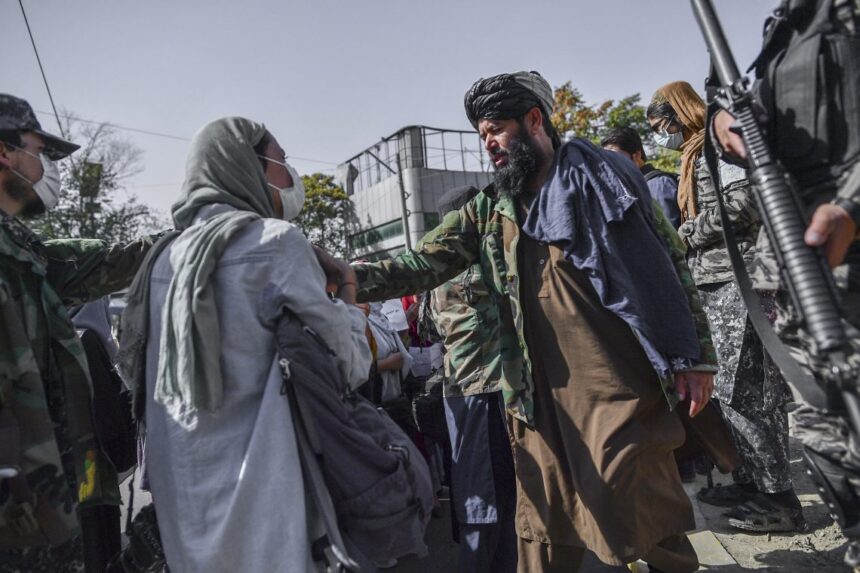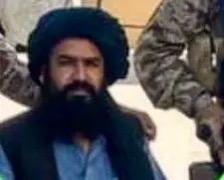RASC News Agency: Abdul Ghaffar Farooq, Head of Publications at the Taliban’s Ministry for the Propagation of Virtue and Prevention of Vice, responded dismissively to the criticisms from the United Nations and other international organizations regarding the Taliban’s newly enacted law. In a statement to Amu, Farooq asserted, “There is no need for anyone to criticize or complain about this law,” emphasizing that the legislation is firmly rooted in the teachings of the Quran, Hadith, and Hanafi jurisprudence.
When questioned about the implications for media freedom, restrictions on women, and the authority of the Taliban’s enforcers, Farooq reiterated the ministry’s dedication to the “complete enforcement” of the law. He further claimed, “Such a law is essential for an Islamic society, and we assure that it will be highly effective in promoting virtues and preventing vices. The ministry is fully committed to its rigorous implementation.”
This newly introduced law by the Taliban has sparked widespread international condemnation, particularly from global institutions, Afghanistani women protestors, and human rights activists. Afghanistani women activists have condemned the law as a severe violation of human rights, while the Deputy Director of the Women’s Division at Human Rights Watch criticized it as a profound infringement on women’s rights.
The Taliban announced the law last Wednesday, with its provisions including a prohibition on women speaking publicly and a mandate requiring women to cover their entire bodies and faces. Additionally, the law grants Taliban enforcers the authority to issue verbal threats and imprison individuals. Although the Taliban claim that the law is derived from Islamic principles, it is worth noting that no other Islamic country has implemented such draconian measures. The oppressive actions of the Taliban against women and the suppression of free expression align more with the tribal and cultural traditions of the Taliban than with the essence of Islam or the historical experiences of Muslim societies.






